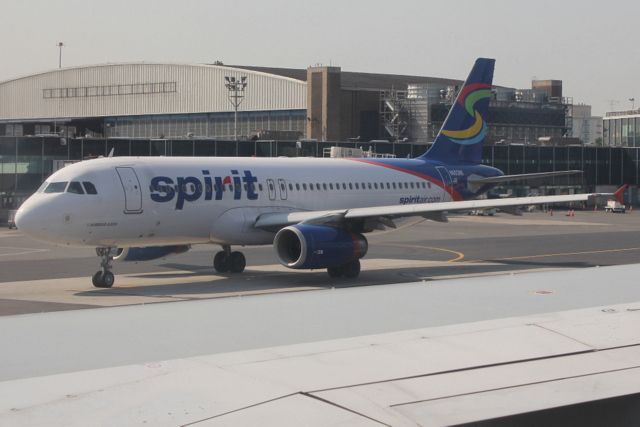ATLANTA — New changes proposed by the federal government aim to bring more transparency to how airlines charge for “certain basic airline services” above the base fare price, such as checked baggage.
But the airline industry says the market can and does regulate itself and contends the new proposal is an overreach.
One of the higher profile aspects of the proposal would require airlines, ticket agents and travel comparison sites such as Google and Kayak to display all costs above to the base fare. This includes charges for checked bags, carry-on items and advanced seat assignment.
“While there are certainly many details that still need to be ironed out, the DOT’s most recent set of proposed consumer protection rules look like a promising set of changes that will significantly benefit consumers when it comes to air travel,” Alex McAdams, a personal finance analyst at NerdWallet, told Sightseers’ Delight.
“The increased price transparency should help travelers more accurately compare the true costs of air travel between different airlines to find the cheapest flight,” McAdams added. “While there’s likely to be a lot of resistance from airlines, we think the changes will ultimately help consumers save money and better understand what they’re paying for when it comes to air travel.”
The requirement that airlines provide all costs on the front end will likely impact the travelers who focus on the cheapest airfare without regard for additional fees that may be added, McAdams said.
“Knowledge is power, and our latest proposal helps ensure consumers have clear and accurate information when choosing among air transportation options,” U.S. Transportation Secretary Anthony Foxx said in a news release. “The proposal … will strengthen the consumer protections we have previously enacted and raise the bar for airlines and ticket agents when it comes to treating travelers fairly.”
In addition to the fee transparency proposal, the feds want to ban what they consider to be “unfair and deceptive practices” that impact how flights are ranked and displayed. “For example, the new rule would prohibit sites from preferencing a flight with a layover above a direct flight of the same price, without disclosing that bias to consumers,” McAdams said.
Under the proposal, the feds are enlarging the pool of airlines required to report their on-time performance, oversales and mishandled baggage rates. Any airline that carries at least 0.5 percent of domestic scheduled passenger revenue, such as Spirit Airlines, would be required to report their stats; airlines would also be required to report the performance of their regional carriers.
The industry trade group Airlines for America (A4A) raised concerns about the proposal, saying it will cost airlines, and ultimately travelers, more more money.
“We believe this proposal overreaches and limits how free markets work and will have negative consequences,” the group said in a statement. “The government does not prescriptively tell other industries (hotels, computer makers, rental car companies) how they should sell their products, and we believe consumers are best served when the companies they do business with are able to tailor products and services to their customers.”
The DOT is currently collecting comments on the new changes. Interested parties can submit comments here: http://www.regulations.gov/#!documentDetail;D=DOT-OST-2014-0056-0079.
